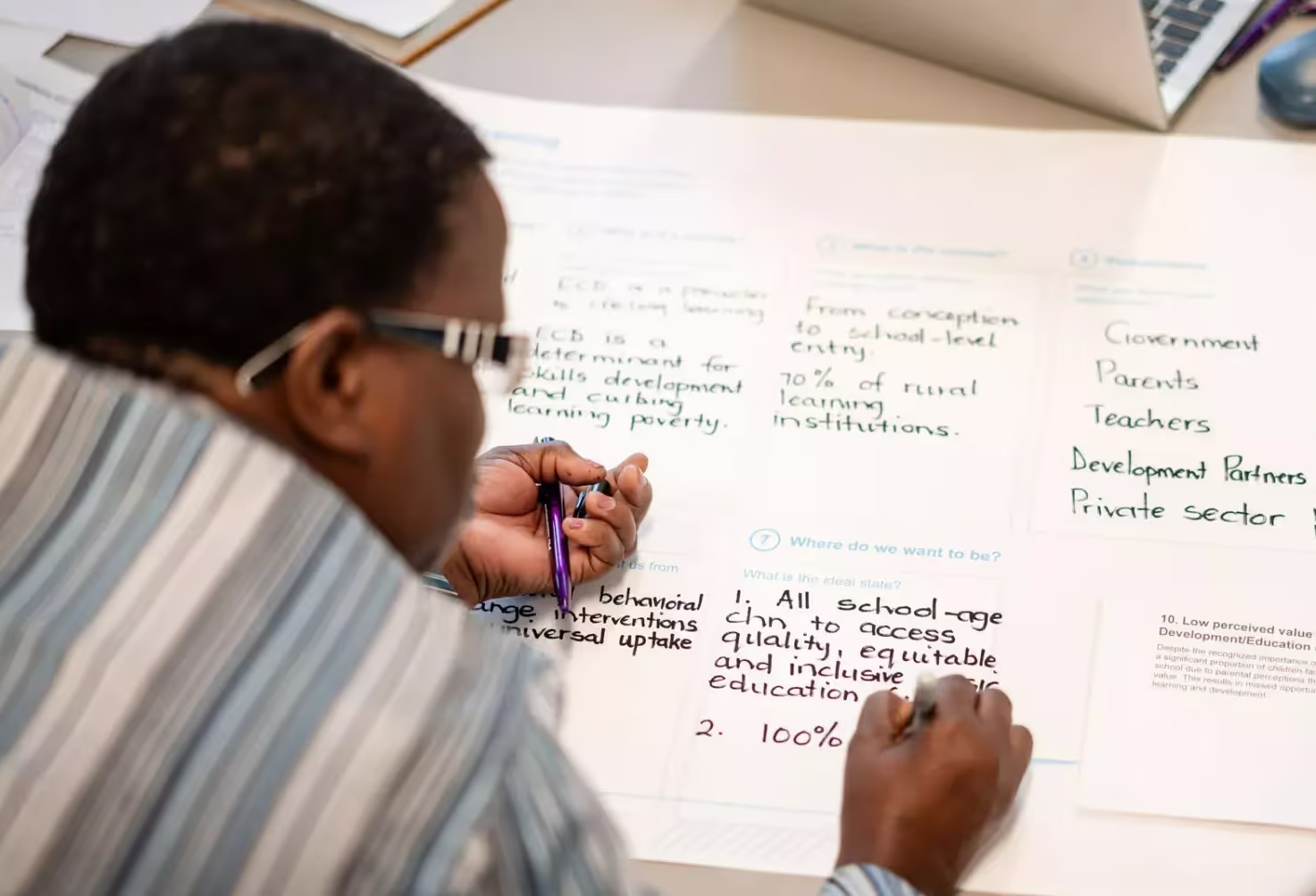A Growth Mindset to increase Test Scores

Like many other countries, Peru is worried about standardized test outcomes and what they mean for students, especially for the increasing gap between students from high- and low-income households. The standard approach to improving student achievement involves investing more in teacher training and learning materials. Researchers from the World Bank, the University of Oxford, and the Group for Analysis for Development (GRADE) in Peru decided to take a different approach. They developed a project called “Expand Your Mind” which is focused in developing motivation and perseverance. Through this growth mindset intervention, students and teachers in 800 selected public schools and high schools were asked to read an essay titled “Did You Know You Can Grow Your Intelligence?” and to do a series of activities to demonstrate that they understood the content of that essay. Messages that promote the idea that intelligence is a skill that can be improved through practice and effort significantly increased student achievement in Peru. The intervention led to a 0.14 standard deviation increase in math test scores, equivalent to four months of schooling, at a cost of less than $0.20 per student. eMBeD reached 50,000 students in an initial phase, and an additional 250,000 subsequently. Replicated interventions in South Africa and Indonesia have had similarly promising results.


.avif)

